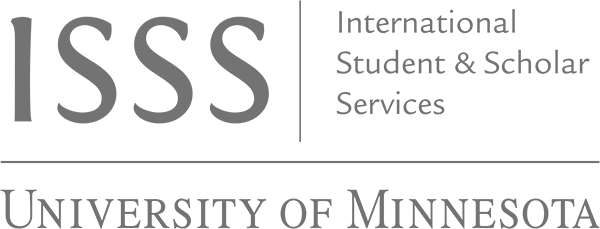The U.S. Department of State has implemented security clearance procedures for the issuance of Non-Immigrant Visas. There may be significant delays in the visa application process. If you must apply for a new visa, submit your application to the U.S. Consulate or Embassy as soon as possible after you arrive at your destination.
The screening process can be as simple as a name check in the U.S. government databases, or it can be more comprehensive and time-consuming. If a Security Advisory Opinion is sought before issuing a visa, the visa application will be suspended and designated as "pending administrative processing." Such processing requires referral of visa application information to several security and government agencies for background checks, which usually take 2-8 weeks. During this time you must wait abroad. However, even the consulate cannot predict the actual processing time for each application.
Most commonly, a security screening is triggered by nationality, country of citizenship or birth, countries you have visited in the past, and/or field of study or expertise.
Nationality, Citizenship, or Country of Birth
Foreign nationals from certain countries may be affected by the security clearance process. Although there is no official statement about which countries undergo security clearance checks and the list has varied over time, experience suggests that individuals from the following countries may be affected: Afghanistan, Algeria, Bahrain, Cuba, Djibouti, Egypt, Eritrea, Indonesia, Iran, Iraq, Jordan, Kuwait, Lebanon, Libya, Malaysia, Morocco, Nigeria, Oman, Pakistan, Qatar, Saudi Arabia, Somalia, Sudan, Syria, Tunisia, United Arab Emirates, and Yemen. The Department of State has designated four countries as state sponsors of terrorism (North Korea, Iran, Sudan, and Syria).
Field of Study or Research
If you are a University employee or student working with sensitive technology (for example, technology with possible application to both military and civilian purposes), you may be able to speed up the background check if you supply detailed information about the nature of your background and research. Before your visa appointment, have your faculty supervisor write a letter addressing the following:
- A detailed description of your current or most recent research/professional projects (in the U.S. or abroad), your planned research/projects at the UMN, and description of practical applications of your most recent and planned research/projects. Explain if this research is/will be in the public domain. Assume that the work is being described to a technical expert, scientist, or professional in your field.
- The UMN department's goals and objectives as related to your research/projects in the U.S.
- Any sponsoring institutions (other than the UMN) that will fund your research/projects.
Although there is no official statement to this effect, experience has been that citizens of China and India who are engaged in scientific research are often subject to administrative processing.
